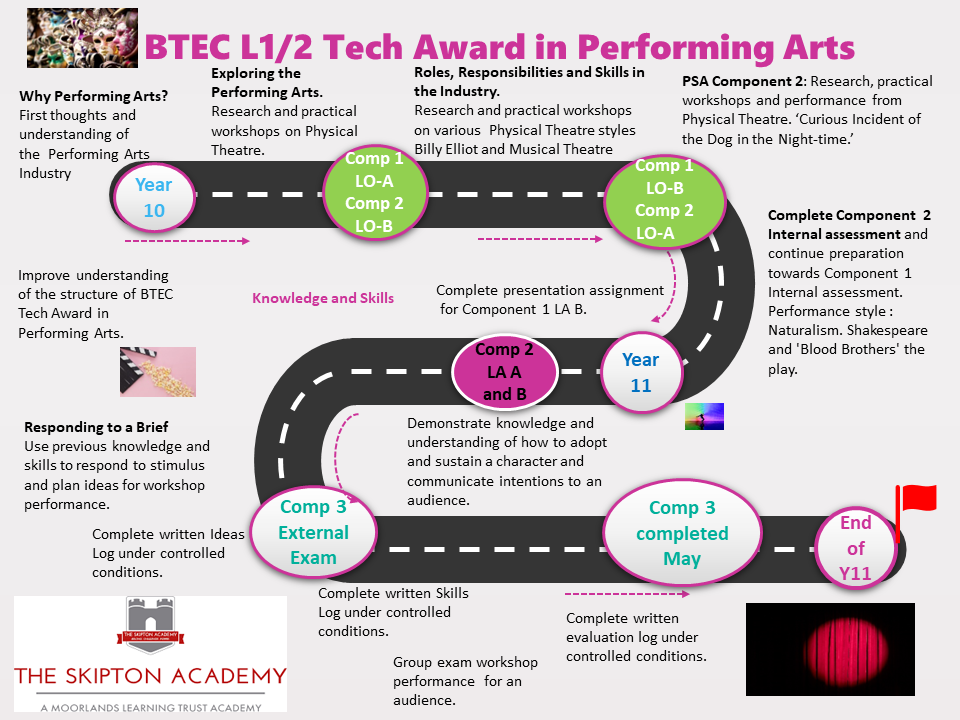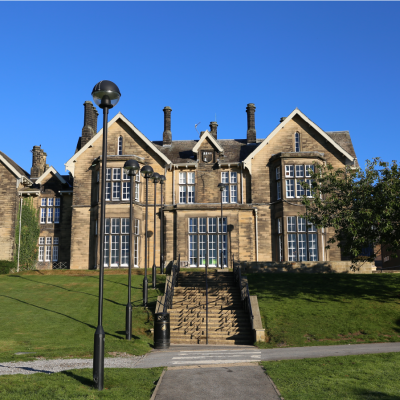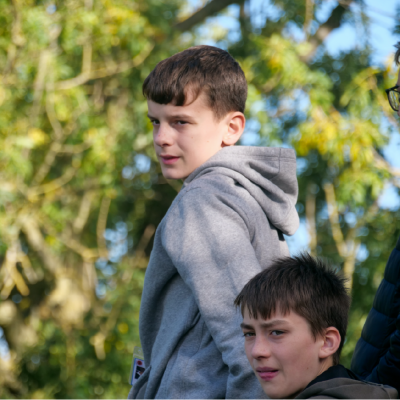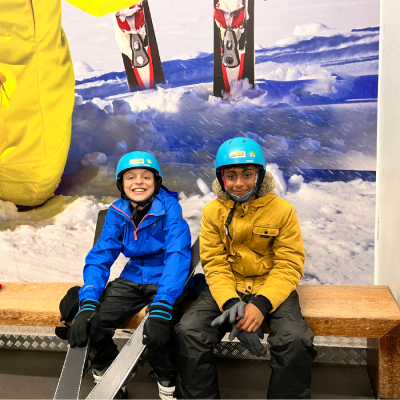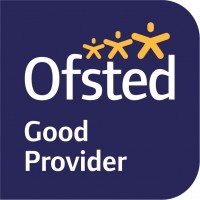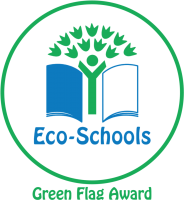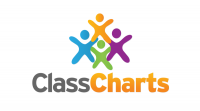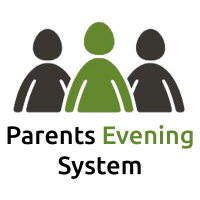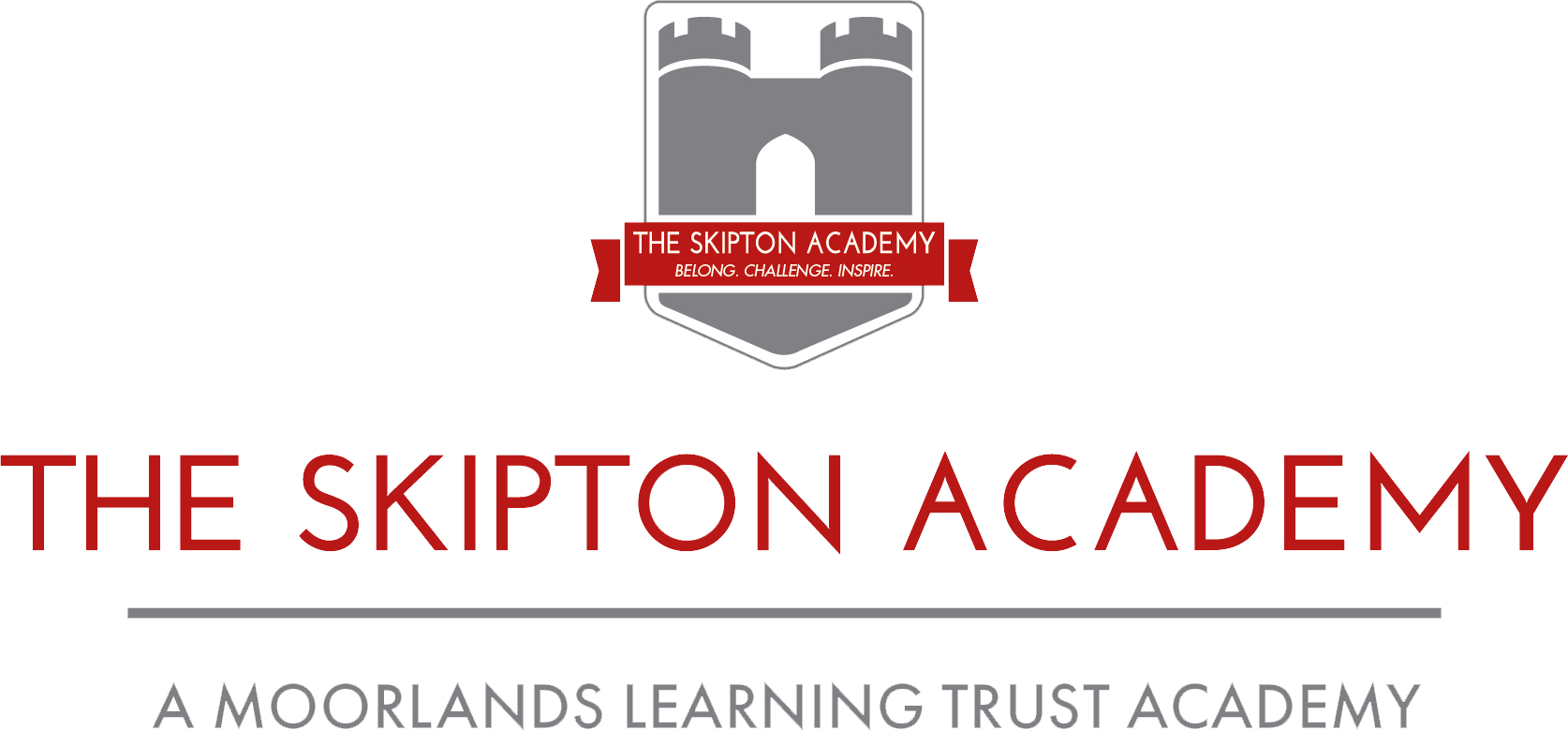INTENT STATEMENT for PERFORMING ARTS
The study of Performing Arts at TSA aims to inspire all students to appreciate and enjoy various forms of theatre and performance from an array of different cultures past and present. Our aspiration is that our Performing Arts curriculum should enable students to become independent, resilient, and creative individuals, with a better understanding of themselves and the world in which they live. We aim to equip them with essential skills such as confidence, and sense of self-worth for life and future employability. Our purpose is also to dispel the myth that Performing Arts is just for those who want to become ‘performers’ and to enable learners to recognise the powerful knowledge and transferable skills it teaches them. Our Performing Arts curriculum is designed to foster an appreciation of the arts, a critical mind, and a support network where everyone is encouraged to challenge themselves and ‘take a risk!’
Performance in KS3, is largely focused on practically developing powerful knowledge of the physical and vocal skills and techniques required to communicate meaning to an audience. In Year 7, students learn and demonstrate 5 key skills: co-operation, communication, imagination, improvisation, and characterisation. They learn why these skills are the basis for all the work we do in Performance throughout KS3 and KS4. Assessment in Performance is divided into 3 sections: creating, performing, and responding. Therefore, learners are given a variety of stimuli, which allows them to expand their imagination, share ideas and to create pieces of drama, usually in group situations. They are taught a variety of techniques to enable them to build confidence and perform effectively in front of an audience. Key terms and skills for characterisation and performance are revised and revisited on a regular basis: body language, facial expression, eye contact, gait, gesture, posture, levels, status, proxemics, voice projection. Dramatic conventions such as freeze frame, cross cutting, split-scene, monologue, dialogue, soliloquy, aside, flashback/forward, conscience alley, narration, and slow motion are learned through practical exercises, which allow learners to experiment and explore how to make their pieces of performance more interesting and engaging for an audience. They also learn the Elements of Drama: Character, Plot, Theme, Dialogue, Convention, Genre, Audience, which gives them the tools to evaluate and analyse their own performance work as well as the work of others.
In Year 8 these skills are revised and further developed through the study of non-verbal communication skills and Trestle mask work: mime, exaggeration, size, shape, weight, tension in the body, focus, ensemble, status, balancing the space, direct address, provoking the mask, characterisation.
Theoretical knowledge of the theatre is developed through responses to a wide range of stimuli, plus exploration of social, historical, and cultural contexts in Greek Theatre, Commedia Del Arte and Hitchcock films. Year 9 builds even further upon this knowledge and prepares students for the BTEC Tech course in KS4 by introducing them to the techniques and theatre styles of various practitioners: Stanislavski, Brecht, Berkoff, so they can recognise and demonstrate Naturalism, Epic Theatre style and Physical Theatre as well as understanding themes in concept musical theatre such as ‘Blood Brothers.’
As an RSC Associate school, Shakespeare is studied in each year group through a variety of practical classroom approaches. Literary elements: plot structure, exposition, conflict, suspense, language, style are enhanced through exposure to various texts and scripts. This programme of study is also designed to link closely with other subjects such as English and History. Emphasis on the evaluation of their own work and the work of professional theatre makers is key to the development of learners’ critical minds.
KS4 enables learners to develop a deeper understanding of these threshold concepts: Elements of Drama, Theatre Practitioners and Theatre styles as well as the various roles, responsibilities and skills in the Performing Arts; to build powerful knowledge of the Performing Arts industry within contemporary society. Through our curriculum sequencing, Knowledge of skills and techniques learned in KS3 are built upon and enhanced. KS4 learners watch 3 different styles of performance: concept musical theatre, a Shakespeare play, and a Physical Theatre performance. They research these styles for their Research Logs. Written expression and literacy are developed through analysis of various performance styles and critical responses, using accurate subject terminology learned in KS3 and developed in KS4.
Also, through this sequencing, previous study of practitioners and theatre styles is developed and demonstrated through more varied script study, devising and Musical Theatre. We strive to provide a curriculum which inspires our students to become independent learners, to research further and read deeper. Learners will research the purpose and critical intention of various styles of performance. They will do practical workshops in these styles, working with professional practitioners wherever possible. They will be given opportunities to attend professional theatre performances, they will work with students from other schools, and they will devise, study, and perform scripts themselves in front of various audiences.
Our curriculum recognises the many cross-curricular links Performing Arts offers our learners, therefore, we are working particularly closely with the English department, where texts can be brought to life on the stage and key concepts further enhanced. Through Shakespeare texts, we also enhance the learning of key concepts in History such as change, power and conflict!
Our curriculum seeks to promote leadership and independence both in the classroom and through a variety of extra-curricular opportunities and events within the local community such as RSC and Performance clubs, RSC Next Generation, RSC First Encounters, RSC Playmaking Festival, plus school plays and musicals.
KS3 Learning Journey
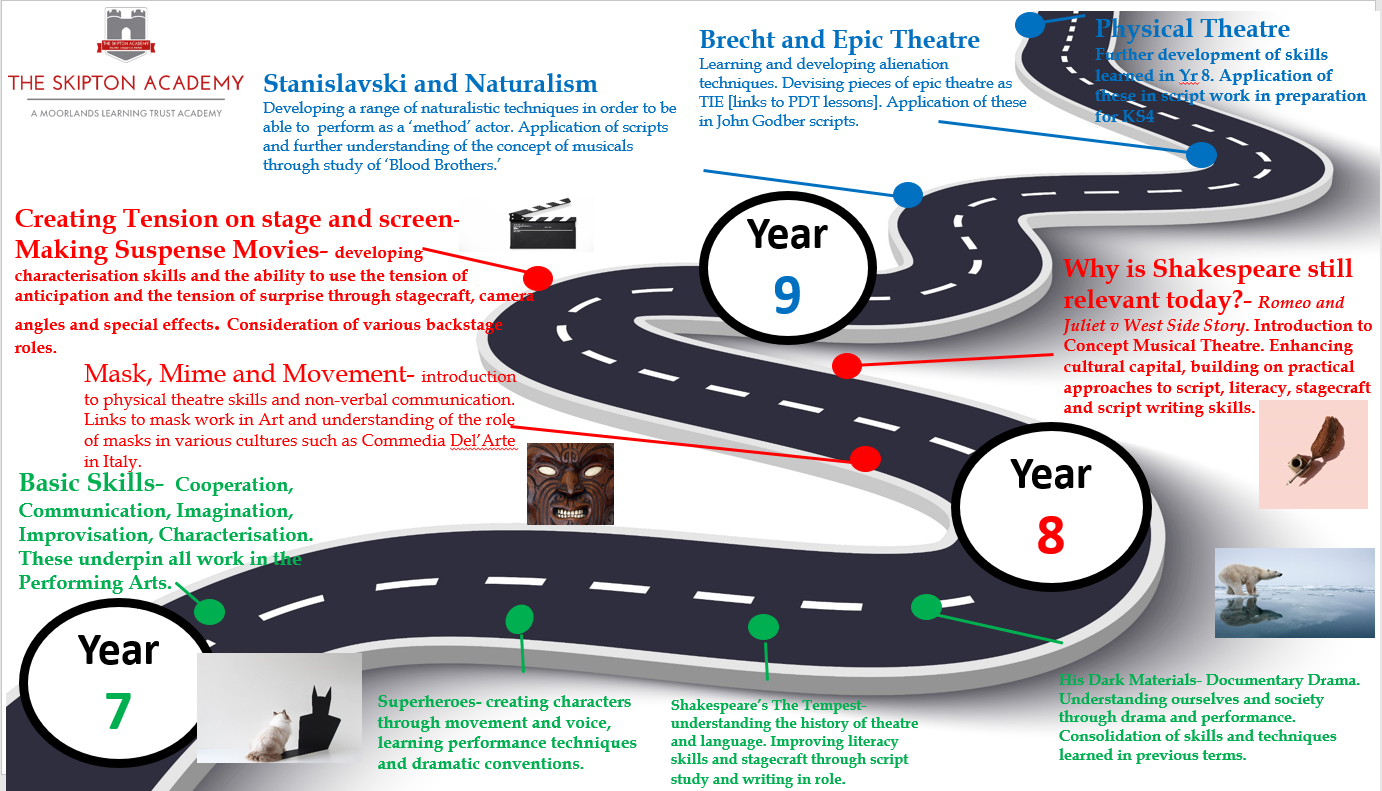
KS4 Learning Journey
